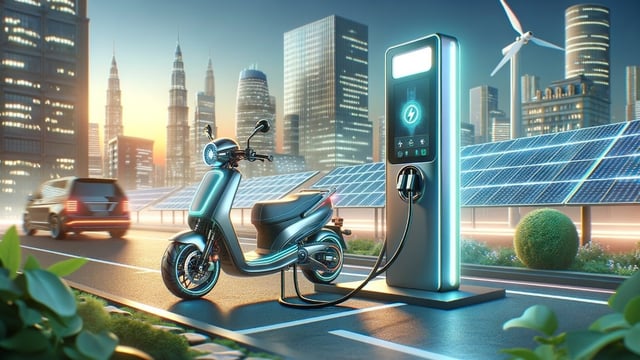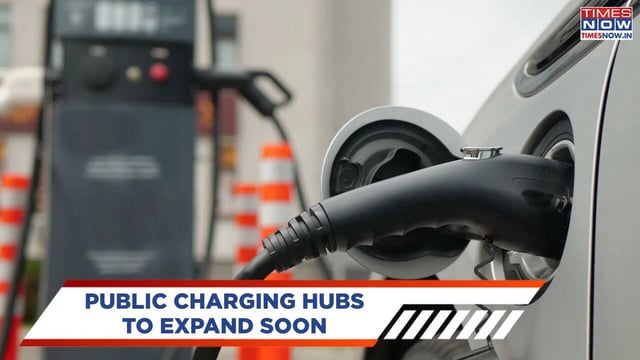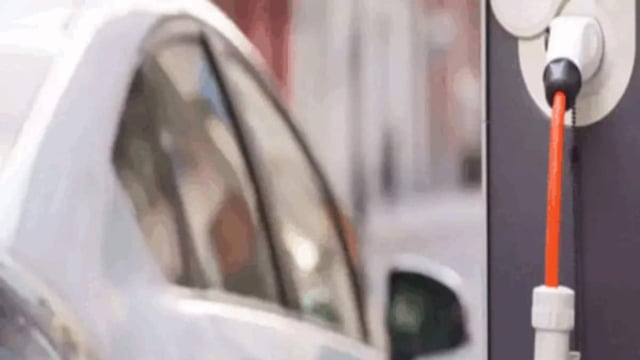Overview
- Ministry of Heavy Industries publishes operational guidelines moving the charging rollout from allocation to implementation across cities and highways.
- BHEL is named Project Implementation Agency and will build the National Unified Hub and app for discovery, real-time status, booking and payments, with IFCI as Project Management Agency.
- Subsidies are tiered: 100% for government premises with free public access, 80% upstream plus 70% EVSE at government-controlled hubs, and 80% upstream at other public locations; battery swapping and charging stations get 80% upstream support.
- Benchmark costs set subsidy caps, including upstream infrastructure at roughly Rs 6.04 lakh to Rs 24 lakh and CCS-II EVSE examples at Rs 7.25 lakh (50 kW) and Rs 11.68 lakh (100 kW).
- Funds release in two tranches, including a 70% payment at procurement and 30% after commissioning and integration, with proposals aggregated by nodal agencies and deployment prioritised for million-plus cities, NCAP and smart cities, transport hubs and high-density highways.


